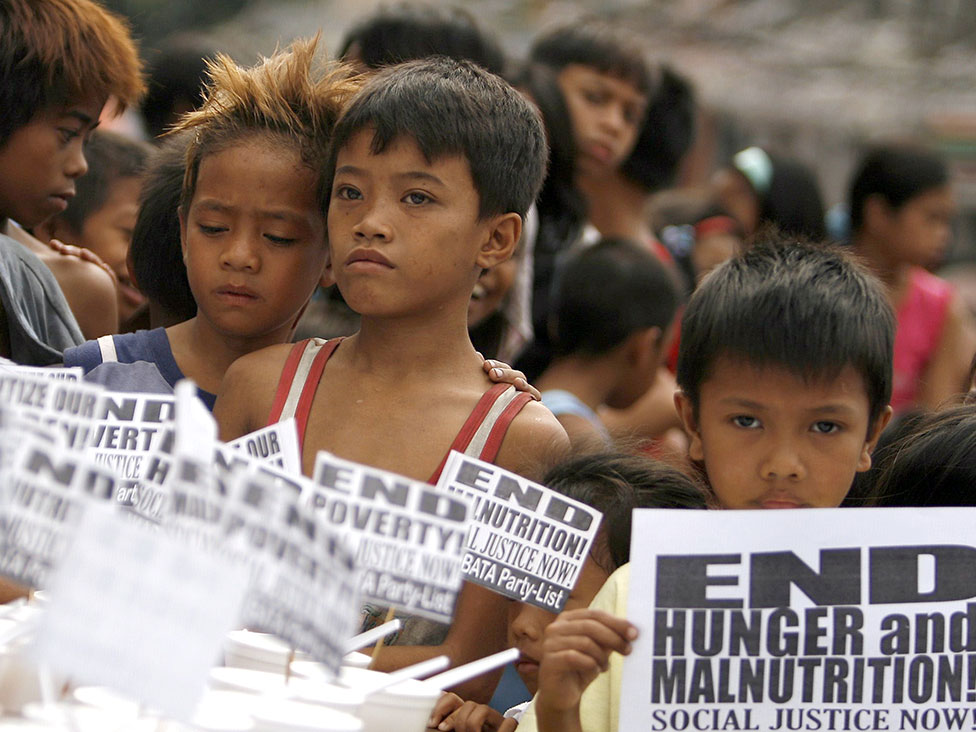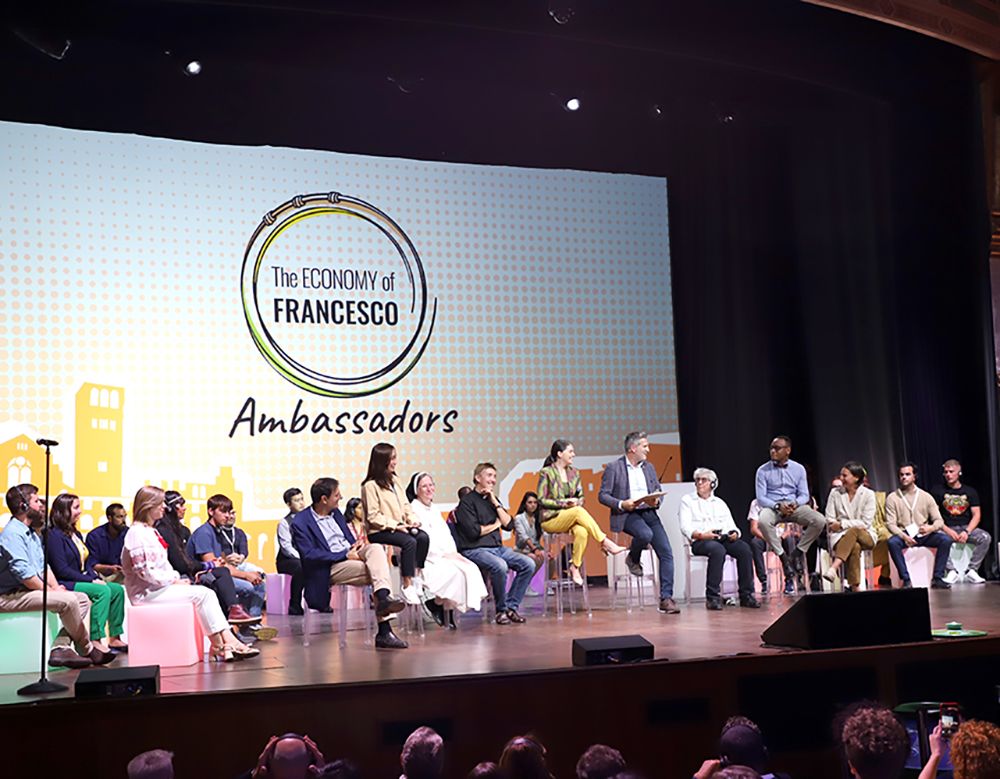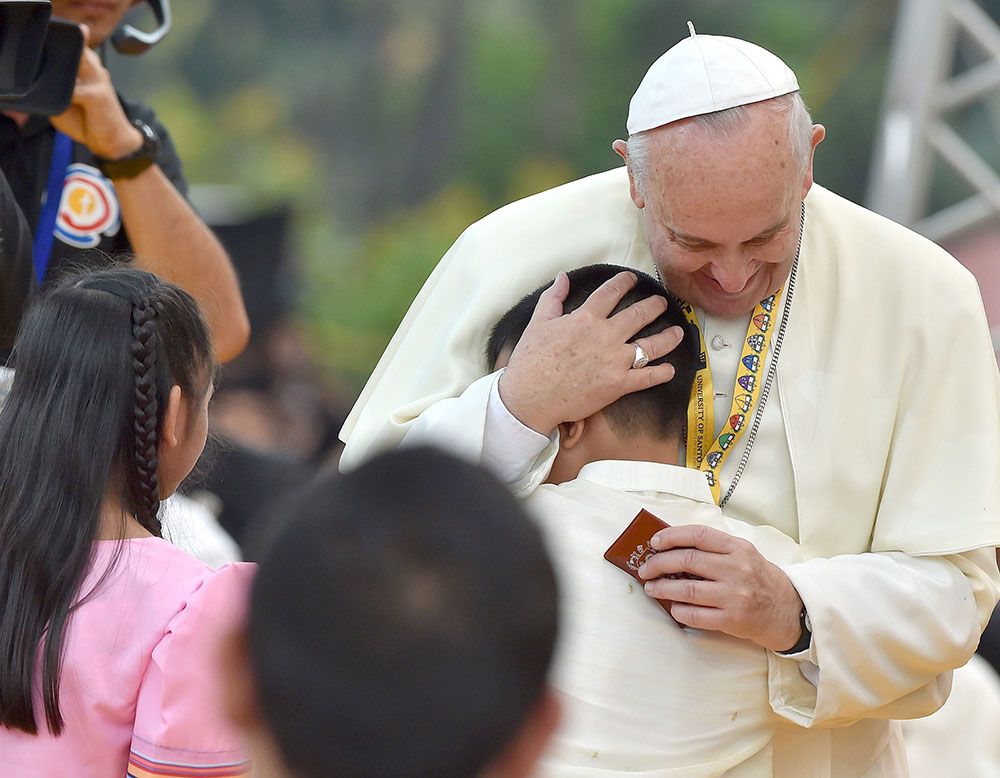Only nine months have passed from the election of Jorge Mario Bergoglio to the pontifical see, which happened on March 13, but great changes have taken place. Not so much in the doctrinal area but on the style of communication.
These are the unusual gestures that Pope Francis started with and have immediately changed the atmosphere around the pope. First of all, the courageous choice of the name Francis, a name totally new in the history of the popes, a name of which he himself gave a very clear interpretation: love for the poor, peace, integrity of creation. The request of a blessing from the people themselves crowding St. Peter’s Square and linked by media throughout the whole world: an unusual request the new pope made spontaneously, bending his knees and inclining his head to receive it.
The third sign was the way he washed the feet of the young convicts, kneeling on the ground six times, not a formal rite! And, lastly, his decision to reside in House Sancta Martha together with many of his collaborators, a most innovative decision for those who consider the Vatican setup.
Of all the images from his first week in office, perhaps the most striking came when Pope Francis visited the Vatican’s small Church of St. Anne to say Mass on Sunday, March 17, ahead of his first Angelus address. Run by the Augustinian Order, St. Anne is where the roughly four hundred people, who live on Vatican grounds, have what can be considered a normal parish life.
After Mass, Pope Francis stood outside the church and greeted people as they left, patting kids on the head and kissing them, shaking hands and exchanging hugs, with a quick word and a smile for everybody. It’s a scene that one can see every Sunday at Catholic parishes across the world, but one rarely sees a pope doing it. “A simple gesture is not always a simple gesture when it is the pope’s gesture” (Theologian Robert Dodaro).
The choice of the new pope has stirred an extraordinary interest in the whole world. Around six thousand mass media operators had come to Rome to cover the conclave, but then the interest has continued. Also because of his open style, the requests of shooting documentaries on Pope Francis or to have interviews are numerous and, generally, they manifest a genuine and sincere interest in the person of the new pope. The interviews by the editor of Civiltà Cattolica, Fr. Antonio Spadaro S.J. and with Eugenio Scalfari, founder of Repubblica have made history.
The global “parish priest”
Everybody has noted the number of people coming to Pope Francis’ weekly audiences. The crowds seem to grow by the week. They are becoming enormous, forcing police to close the area around St. Peter’s Square to traffic as if Mother Teresa or Padre Pio were being canonized. Vendors across Rome report a boom in sales of papal objects, always a reliable sign of popular enthusiasm.
He is filling an obvious need within the human – and Catholic – family. Around the world, there are reports that Mass attendance and demand for confession are increasing, which many attribute to a “Francis effect.” Francis seems determined to function as a pastor, it’s how Catholics tend to think a parish priest should be.
Perhaps the root lesson of Pope Francis’ first eight months in office is that, when it comes to spiritual leadership, style really is substance. It’s a mistake to wait for the real pope to emerge from beneath the largely symbolic gestures of his early days. Instead, those gestures are the real pope, insists Bishop Lozano, a close friend of the former Cardinal Jorge Mario Bergoglio who worked under him as an auxiliary in Buenos Aires for six years. “They’re an expression of his magisterium,” Lozano said.
“He’s sending a message to other cardinals, bishops and priests that this is what we need to do: to reach out to people, not being content to wait for them to come to us,” Lozano said. “More broadly, he’s sending the same message to all Catholics everywhere.” That message can be understood in three defining features of Pope Francis’ leadership style: simplicity, humility and being remarkably accessible to ordinary folks.
His popularity is highly positive since it is a sign that people understand that Pope Francis has many important things to say and a positive and comforting message for all. A very active and “more free” pope has increased enormously the work of the media. The atmosphere has changed because of a dynamic and least foreseeable pope, always open to surprises.
His phone call to people who had sent him a particular request are now beyond counting. It is an unusual way for a pope, but that spells once more that “we must get accustomed to be normal according to the normality of life.” This is what Pope Francis answered the journalists who had questioned him while coming back from Brazil after World Youth Day, seeing him carrying his black bag as any traveler with his hand luggage.
Which direction for the Church?
What are the changes that are happening and what is the direction that the Church is taking under the leadership of Pope Francis? Naturally, the guidelines for the journey of the Church are, first of all, those outlined by the Gospel, and, in our historical time, by Vatican II. In all the essential points, there is a strong continuity between the last pontificates. Among the novelties brought about by Pope Francis, we certainly have to single out his style of pastoral closeness to people, his concrete language and direct relationship with people, his simplicity of life.
The perspective of a Church of the poor and for the poor is strongly and credibly manifested not only in words but especially in deeds like the trip to Lampedusa, his encounter with prisoners and immigrants, sick people and handicapped. The strength with which Pope Francis assumes attitudes and sends messages of moral and religious inspiration but of strong impact on the economic and political situation of the world makes a deep impression.
The recent commitment to peace in Syria demonstrates that the Holy See can, if necessary, make its voice heard in the international arena with its moral authority. The extraordinary worldwide resonance of Pope Francis’ peace initiative tells us that the majority of the people in the different countries, including the Unites States, are tired of wars, but also the unusual pull of this pope’s reputation and moral prestige.
Already in the book El Jesuita, published in 2010, containing the conversations of Card. Jorge Mario Bergoglio with the journalists Francesca Ambrogetti and Sergio Rubin, we find this revealing sentence: “It is fundamental that we Catholics – whether priests or laity – go to meet people. Once a very wise priest told me that we are facing a situation which is opposite to that envisaged by the parable of the Good Shepherd who had ninety nine sheep in his fold but went to look for the only one who was lost: today, we have one in the fold and ninety nine that we fail to go to look for.
I am sincerely convinced that, in the present moment, the fundamental choice the Church has to make is not of taking away precepts, making easier this or that, but to go down to the streets to look for people, to know people by name. And not only because to go and announce the Gospel is its mission, but because if it doesn’t do it, it will damage itself with its own hands.”
At the World Youth Day, in Rio de Janeiro, through words and gestures, the Pope has written a page about the theology of encounter and dialogue. He did it physically and spiritually, without sparing himself, from the first to the last moment, in the land of Brazil, dealing with the indigenous people and the heads of state in the same pattern: a word and an embrace. From the last World Youth Day we, therefore, assume a strong call, a commitment and a hope for a pastoral turning point of our Catholic Church, in every corner of the world: a young Church that knows how to go to encounter all the men and women of our time with a mission on the part of Jesus: dialogue, dialogue, dialogue.
The attractive face of Christ
The journalist Conrado de Quiros very aptly wrote: “In a few months, Pope Francis has given extraordinary relevance to Christianity; he has given back to it its spirit. The Christ of the Bible was One who walked with fishermen, spoke with beggars and lepers and preached to rabble and rabbi. That’s what Pope Francis has been doing these past months. In the Pope, you have someone who is perfectly at home in the dingy alleyways, finding in their inhabitants not a threat but a possibility, not a faceless mob to harangue bur real people to listen to.
Pope Francis’ concern for the poor is not just programmatic, it is instinctive. It is not just mental, it is emotional. It is not just posited, it is lived. You cannot have that if you cannot ride the bus on a regular basis, as the Pope does, never insisting that his job of proselytizing is too important to be delayed that way, believing instead that how you get to where you are going is just as important as getting there at all. You cannot get that sense of caring if you do not see and hear and smell and feel the rough and tumble, the destruction and creation, the struggle and despair of the slums of Buenos Aires and, recently, of Rio.”
And the Jesuit biblist Silvano Fausti wrote: “The lifestyle of the new Bishop of Rome, Pope Francis, portrays a face of Christ that attracts everybody. In fact, the way of life and of dressing is more eloquent than any word. The “five wounds of the Church” are those that every “temporal power” inflicts on Christ and on all the poor who resemble Christ. This scandal ends when we convert to the poor. Only the “Gospel witness” is like “a fire that lights other fires.”
















